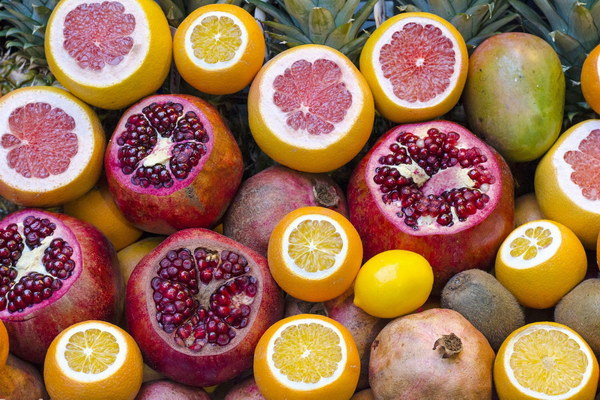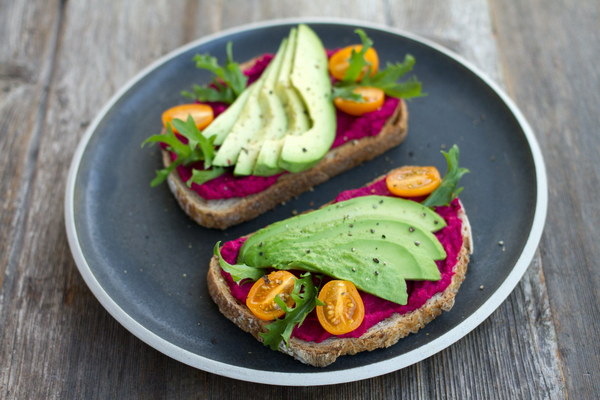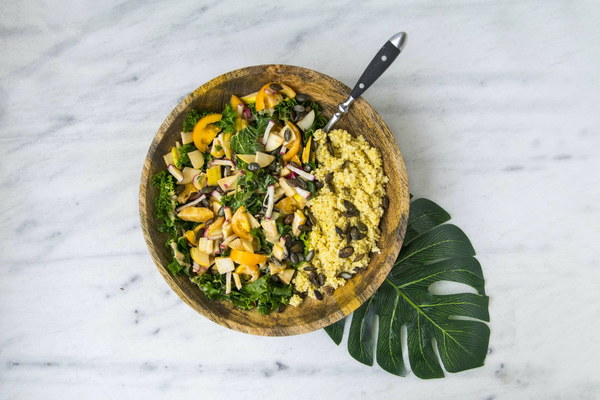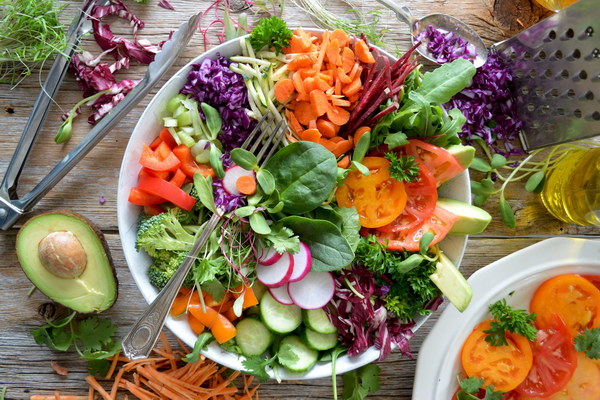Nourishing Your Babys Stomach and Immune System Best Foods for Eczema Babies
Eczema, also known as atopic dermatitis, is a common skin condition that affects babies and children. It is characterized by itchy, red, and inflamed skin. While there is no cure for eczema, proper nutrition can help manage the symptoms and support the baby's immune system. In this article, we will discuss the best foods to nourish your baby's stomach and immune system to help alleviate eczema symptoms.

1. Breastfeeding
Breastfeeding is the ideal way to nourish a baby's stomach and immune system. Breast milk contains antibodies and other nutrients that help protect against infections and allergies. If you are unable to breastfeed, consider formula that is designed for sensitive stomachs and is free from common allergens such as dairy, soy, and gluten.
2. Fermented Foods
Fermented foods, such as yogurt, kefir, and sauerkraut, are rich in probiotics, which are beneficial bacteria that help maintain a healthy gut. Probiotics can improve the baby's immune system and reduce the risk of developing eczema. When introducing fermented foods, start with small amounts and observe for any adverse reactions.
3. Omega-3 Fatty Acids
Omega-3 fatty acids are essential for a baby's development and can help reduce inflammation. Foods rich in omega-3 fatty acids include fatty fish (such as salmon, sardines, and mackerel), flaxseeds, chia seeds, and walnuts. If your baby is not yet ready for solid foods, consider giving them a fish oil supplement with your pediatrician's approval.
4. Vitamin E-Rich Foods
Vitamin E is an antioxidant that helps protect the skin from damage. Foods high in vitamin E include almonds, sunflower seeds, spinach, and avocado. Incorporating these foods into your baby's diet can help soothe and protect their eczema-prone skin.
5. Vitamin C-Rich Foods
Vitamin C is crucial for maintaining a healthy immune system. Foods rich in vitamin C include oranges, strawberries, bell peppers, and kale. Adding these foods to your baby's diet can help support their immune system and reduce the severity of eczema symptoms.
6. Probiotic-Rich Foods
In addition to fermented foods, probiotic-rich foods such as bananas, apples, and oatmeal can also benefit your baby's stomach and immune system. When introducing these foods, start with small amounts and monitor for any adverse reactions.
7. Avoid Common Allergens
Certain foods can trigger eczema symptoms in babies with sensitive stomachs. Common allergens include dairy, eggs, soy, and gluten. If your baby has a history of allergies or eczema, consult with a pediatrician to determine which foods to avoid.
In conclusion, nourishing your baby's stomach and immune system is essential for managing eczema symptoms. By incorporating a variety of nutrient-rich foods into your baby's diet, you can support their overall health and well-being. Always consult with a pediatrician before introducing new foods to your baby's diet, especially if they have a history of allergies or eczema.









